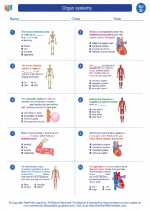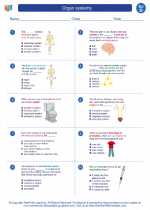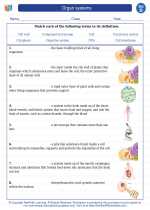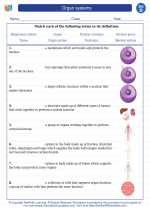Electron
An electron is a subatomic particle that carries a negative electric charge. It is one of the fundamental particles that make up an atom. Electrons are found outside the atomic nucleus in regions called orbitals. They play a crucial role in determining the chemical and physical properties of an element.
Structure of an Electron
Electrons are believed to be point-like particles with no known internal structure or substructure. They have a mass of approximately 9.11 x 10^-31 kilograms and a unit negative charge, which is denoted by "e".
Behavior of Electrons
Electrons exhibit both particle-like and wave-like properties. They can move around the nucleus of an atom in specific energy levels, or orbitals, and can also behave as waves, as described by quantum mechanics.
Role of Electrons in Chemistry
Electrons are involved in chemical bonding, where they are shared or transferred between atoms to form molecules and compounds. The arrangement of electrons in an atom's orbitals determines its chemical reactivity and bonding behavior.
Study Guide
- What is an electron?
- Describe the structure of an electron.
- Discuss the behavior of electrons.
- Explain the role of electrons in chemistry.
[Electron] Related Worksheets and Study Guides:
.◂Science Worksheets and Study Guides Fourth Grade. Organ systems

 Worksheet/Answer key
Worksheet/Answer key
 Worksheet/Answer key
Worksheet/Answer key
 Worksheet/Answer key
Worksheet/Answer key
 Vocabulary/Answer key
Vocabulary/Answer key
 Vocabulary/Answer key
Vocabulary/Answer key
 Vocabulary/Answer key
Vocabulary/Answer key
 Vocabulary/Answer key
Vocabulary/Answer key
 Vocabulary/Answer key
Vocabulary/Answer key
